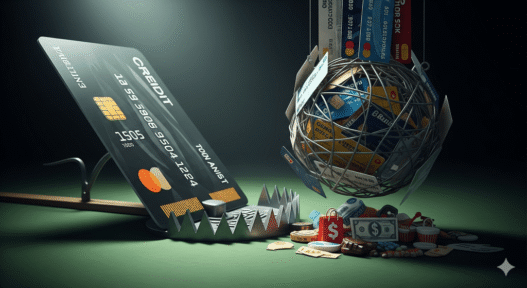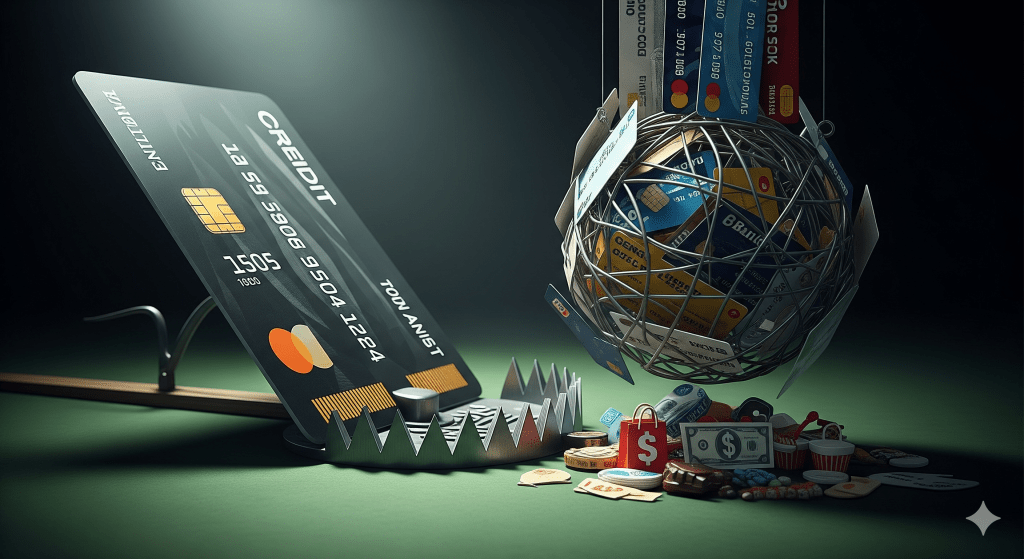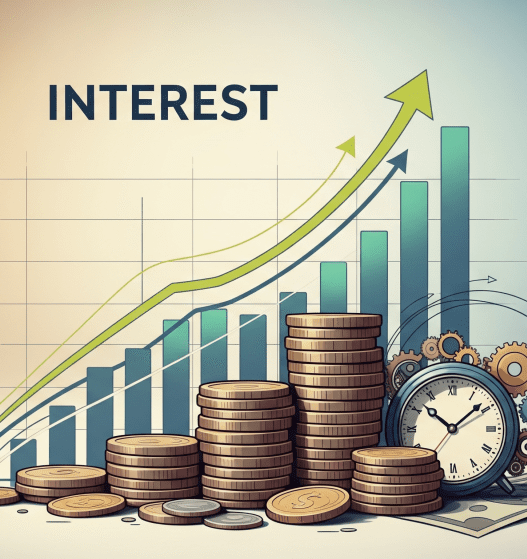When you search for “are credit cards helpful or harmful”, you'll find debates swirling—are they indispensable financial allies, or clever traps that rob you blind? The reality is nuanced. Managed wisely, credit cards can strengthen financial health; misused, they can spiral into debt disasters.
1. Credit Cards as Powerful Financial Tools
a. Build Credit
Used responsibly, credit cards help build your credit score—a critical step for qualifying for mortgages, loans, or better interest rates. Issuers report payment and usage to credit bureaus, providing a straightforward path to demonstrate creditworthiness (Kiplinger, Bankrate, Investopedia).
b. Safety & Expense Management
Credit cards are safer than cash—they offer zero liability on fraud and allow charge disputes (Bankrate, Investopedia). Additionally, they help track spending through statements and apps, making budgeting and financial oversight much easier (Rocket Money, India Times).
c. Access Perks & Personalized Rewards
Beyond credit-building, many cards offer rewards like cash-back, travel points, or intro 0% APR financing. They may also include travel benefits, purchase protection, and fraud safeguards—which debit cards often lack (Rocket Money, Forbes). Rewards programs are also evolving—offering personalized perks based on spending behavior (The Work College, India Times).
2. Credit Cards as Financial Traps
a. High Interest & Hidden Fees
Carrying a balance incurs high APRs—often above 20%, sometimes much higher after penalty triggers. Introductory 0% periods end, and deferred interest plans can turn into expensive traps (Rocket Money, Forbes, Investopedia). Additional fees—annual, late-payment, foreign transaction, balance-transfer fees—can add up quickly (Kiplinger, Bankrate). Premium cards with luxury perks may charge annual fees reaching hundreds and yet rewards can devalue or go unused. Unredeemed rewards are currently estimated to total around $34 billion (Reuters).
b. Overspending & Credit Damage
The psychological ease of swiping now and paying later fuels overspending. A lack of “payment pain” often leads to unchecked balances and credit score damage if payments are missed or utilization is too high (ideally keep under 30%) (Forbes, Bankrate).
c. Fraud & Psychological Toll
Although protections exist, fraud remains a risk. One study found credit card fraud's psychological impact often outweighs its financial cost—even modest losses can undermine trust and security (arXiv).
d. Broader Economic Impacts
The cost of credit card merchant fees often gets passed on to all consumers via higher prices—meaning cash users indirectly subsidize card perks. In the U.S., average fees amounted to $427 per family annually (Wikipedia).
3. Striking the Balance: Making Credit Cards Work for You
Here's how to harness credit cards as helpful tools, not traps:
| Strategy | Purpose |
|---|---|
| Pay balances in full monthly | Avoid interest, maximize rewards |
| Use only what you can afford | Prevent overspending and maintain discipline |
| Protect your credit score | |
| Review terms carefully | Avoid surprise fees or deferred interest traps |
| Set spending alerts/budgets | Stay in control of expenses |
| Choose cards aligned with needs | Match rewards and fees to your spending habits |
Also, financial education matters. Studies show that low financial literacy is strongly linked to credit card debt and stress—improving knowledge helps transform credit cards from liabilities into empowerment tools (arXiv).
Final Verdict
Credit cards are neither inherently good nor evil. They're powerful financial tools if and when used responsibly and can build credit, offer protection, and deliver rewards. But in the hands of the uninformed or careless, they can become expensive traps, draining savings and harming credit scores.
The bottom line: Let the card work for you, not the other way around. With discipline, awareness, and smart habits, a credit card is a valuable asset, not a sly trick to steal your money.



















